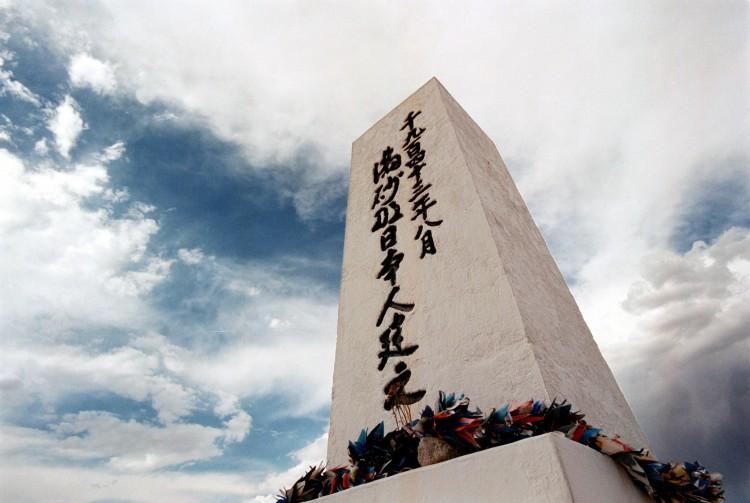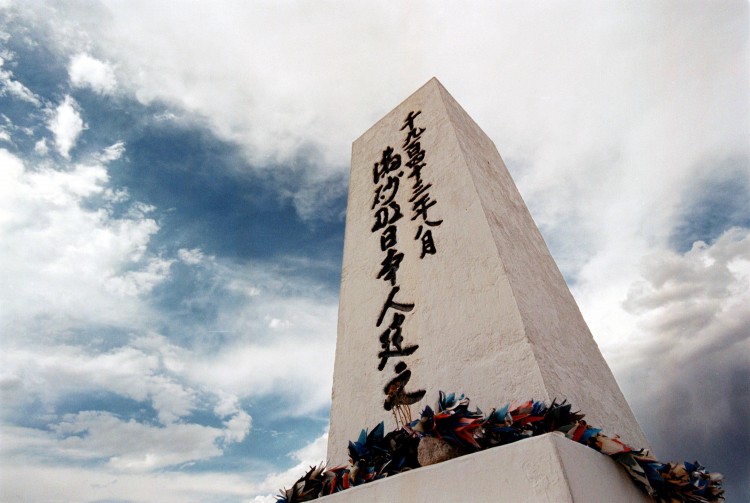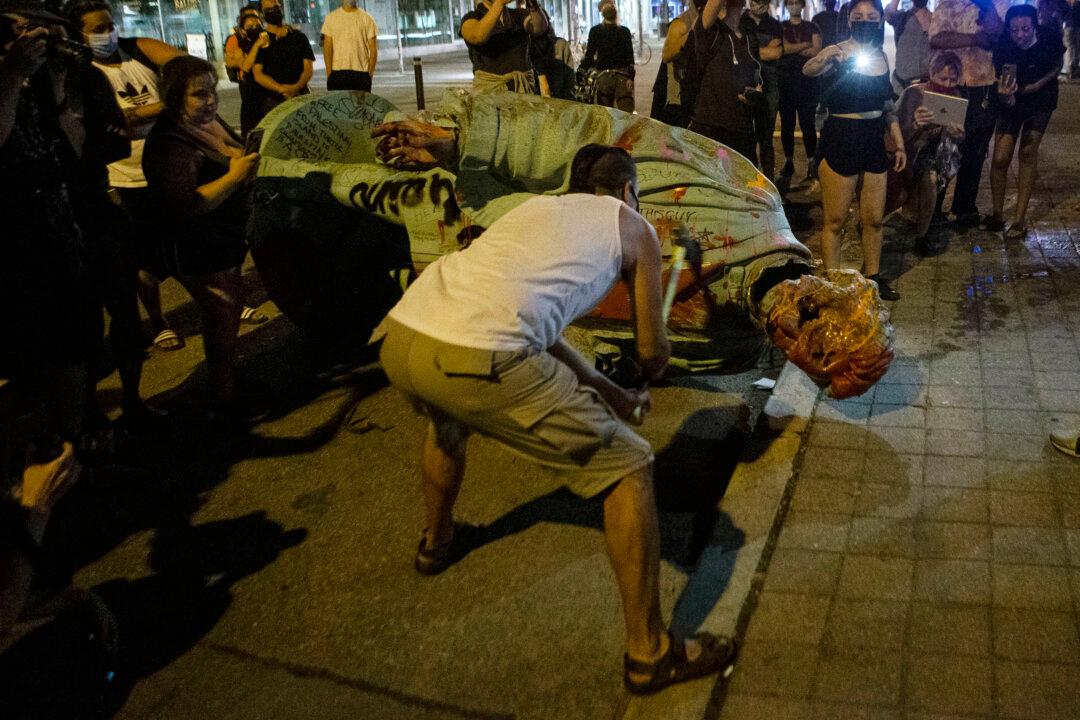It wasn’t long after the Japanese bombed Pearl Harbour on Dec. 7, 1941—70 years ago next month—that Japanese-Canadians were stripped of their rights and relocated to internment camps for the duration of the Second World War.
Now, the University of British Columbia is awarding special degrees to 76 past students whose studies were cut short by Canada’s internment policy, and also recognizing others who were affected.
“The University has taken seriously the need to find meaningful ways to provide solemn recognition of historical events,” says Sally Thorne, a professor of nursing and the chair of the UBC Senate Tributes Committee.
“To acknowledge the 70th anniversary of the provincial internment policy in the spring of 2012, we want to pay tribute to UBC students and others impacted during this time, and also take steps to help future students learn from the past.”
As well as honouring the 76 students, the working group voted to develop initiatives to educate future UBC students about the issue, and to have the UBC library preserve and exhibit the part of its collection related to this dark period in Canada’s history.
The senate committee’s working group has been reviewing the issue since last fall, consulting with faculty members as well as the Lower Mainland Japanese community.
“We have heard from members of the Japanese-Canadian communities through letters and discussions,” says Thorne. “The University is deeply grateful for the feedback we have received, and we hope that our tribute will consolidate the strong relationship between UBC and the Japanese Canadian community.”
Climate of Fear
In 1941 around 23,000 people of Japanese descent lived in Canada, mostly in British Columbia. They worked and owned businesses in the farming and fishing industries, and a large percentage were native-born citizens who came from families that had lived in B.C. for generations.
But after the bombing of Pearl Harbour, due to fears of espionage along the west coast—which proved to be unfounded—the federal government enacted a policy that would see more than 20,000 Japanese-Canadians evacuated to internment camps in the B.C. Interior.
Living conditions at the camps were largely rough, unsanitary, and poverty-stricken. Although the internees were led to believe that their property would be held in trust and returned once they had relocated, the government auctioned off their homes, land, and fishing boats, leaving them with nothing.
Following the war, the internees were given a choice: deportation to Japan or transfer to other parts of Canada. In April 1949, after a public outcry and several court cases, the legislation was repealed and Japanese-Canadians were allowed to live anywhere in Canada.
Official acknowledgement of the injustice finally came in 1988, 43 years after the war, when Prime Minister Brian Mulroney apologized to Japanese Canadians and announced a redress settlement of $21,000 for every surviving internee.
American Camps
A similar policy was enacted in the United States after the bombing of Pearl Harbour, with some 110,000 Japanese-Americans—62 percent of whom were American citizens—forced to relocate to internment camps, called “War Relocation Camps.”
And, as in Canada, many of them never regained their confiscated property which was sold or given away. However, families were generally kept together at the U.S. camps, while in Canada many of the men were sent to labour on farms as a solution to a shortage of farm workers.
The U.S. government issued a formal apology in 1968. Twenty years later in 1988, Congress passed legislation awarding payments of $20,000 to each of the 60,000 surviving internees.
Many historians believe the real reason internment camps came about on both sides of the border was because of racist attitudes toward people of Japanese descent who had made Canada and the U.S. their home.






